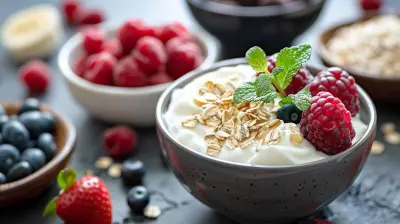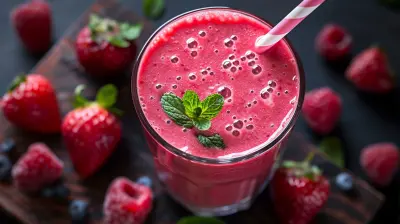How to Support Digestive Health with Key Vitamins and Minerals
9 July 2025
Have you ever had that unsettling feeling in your gut? You know, when your stomach seems to be waging a silent war against you? Bloating, indigestion, sluggish metabolism—it's like your digestive system is sending distress signals.
Well, here's the kicker—your digestive health isn't just about what you eat; it's about what your body absorbs. And that's where vitamins and minerals come in. These unsung heroes play a massive role in keeping your digestive system in top shape. But which ones are truly essential? And how do they keep everything running smoothly?
Buckle up because we're about to dive deep into the world of gut-friendly nutrients. 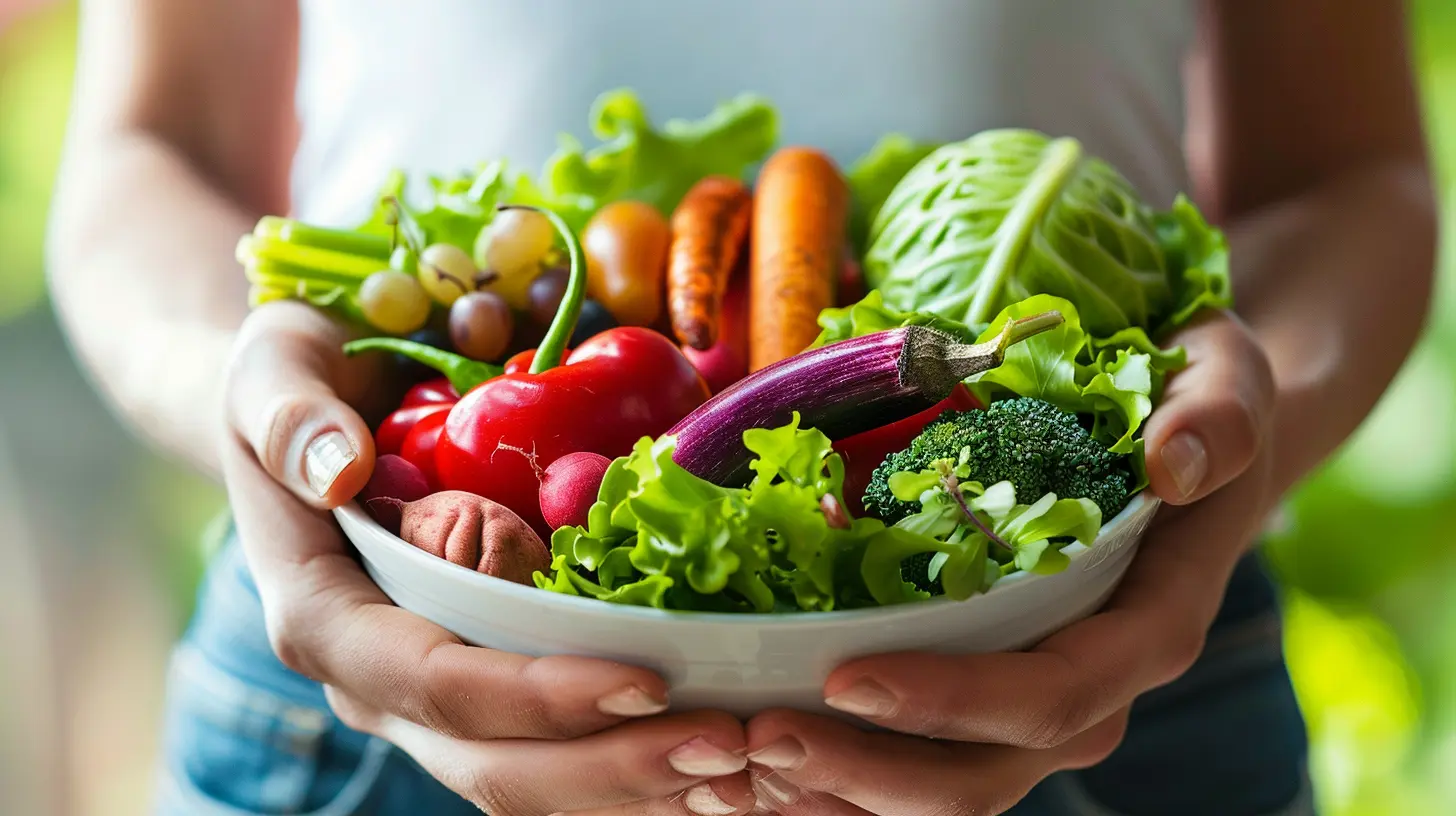
Why Digestive Health Matters More Than You Think
Your digestive system does a lot more than just break down food. It’s the command center for nutrient absorption, immune function, and even mood regulation. Ever heard of the gut-brain connection? Yep, your gut has a direct line to your brain, influencing everything from stress levels to mental clarity.But when things go south—irritable bowel, constipation, acid reflux—your whole body feels the effects. That’s why supporting your digestive system with the right vitamins and minerals is non-negotiable. 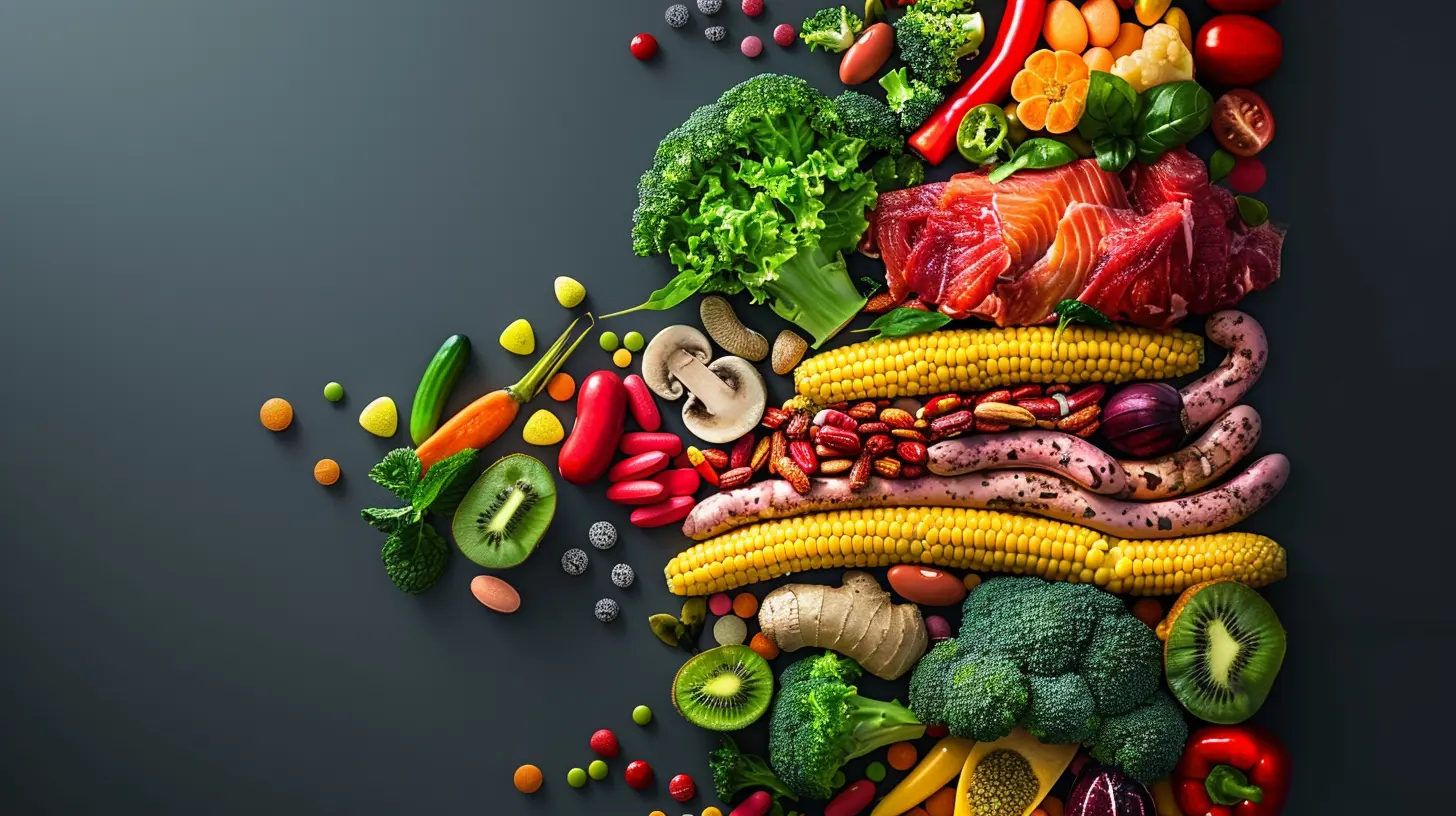
Essential Vitamins for a Healthy Gut
1. Vitamin B12 – The Energy Booster
If you constantly feel tired or sluggish, your gut might not be absorbing Vitamin B12 properly. This powerhouse vitamin helps break down food into energy and keeps your nerve cells in check.🔹 Why It Matters: A B12 deficiency can lead to digestive issues like bloating, nausea, and even loss of appetite.
🔹 Where to Get It: Animal products like eggs, fish, poultry, and dairy are rich in B12. If you're vegan, consider a supplement.
2. Vitamin D – The Gut Guardian
This sunshine vitamin isn’t just about strong bones—it plays a crucial role in gut health, too. Vitamin D helps regulate immune responses and reduces inflammation, which is crucial for people with conditions like IBS or Crohn’s disease.🔹 Why It Matters: Low levels of Vitamin D have been linked to an imbalance in gut microbiota, leading to digestive discomfort.
🔹 Where to Get It: Sun exposure, fatty fish, fortified dairy, and supplements are your best bets.
3. Vitamin C – The Digestion Ally
Ever feel like your digestion is sluggish? Vitamin C acts like a natural detoxifier, helping your body break down food efficiently. It also aids in collagen production, which supports intestinal lining health.🔹 Why It Matters: A lack of Vitamin C can lead to slow digestion, bloating, and even increased susceptibility to infections.
🔹 Where to Get It: Citrus fruits, bell peppers, strawberries, and leafy greens. 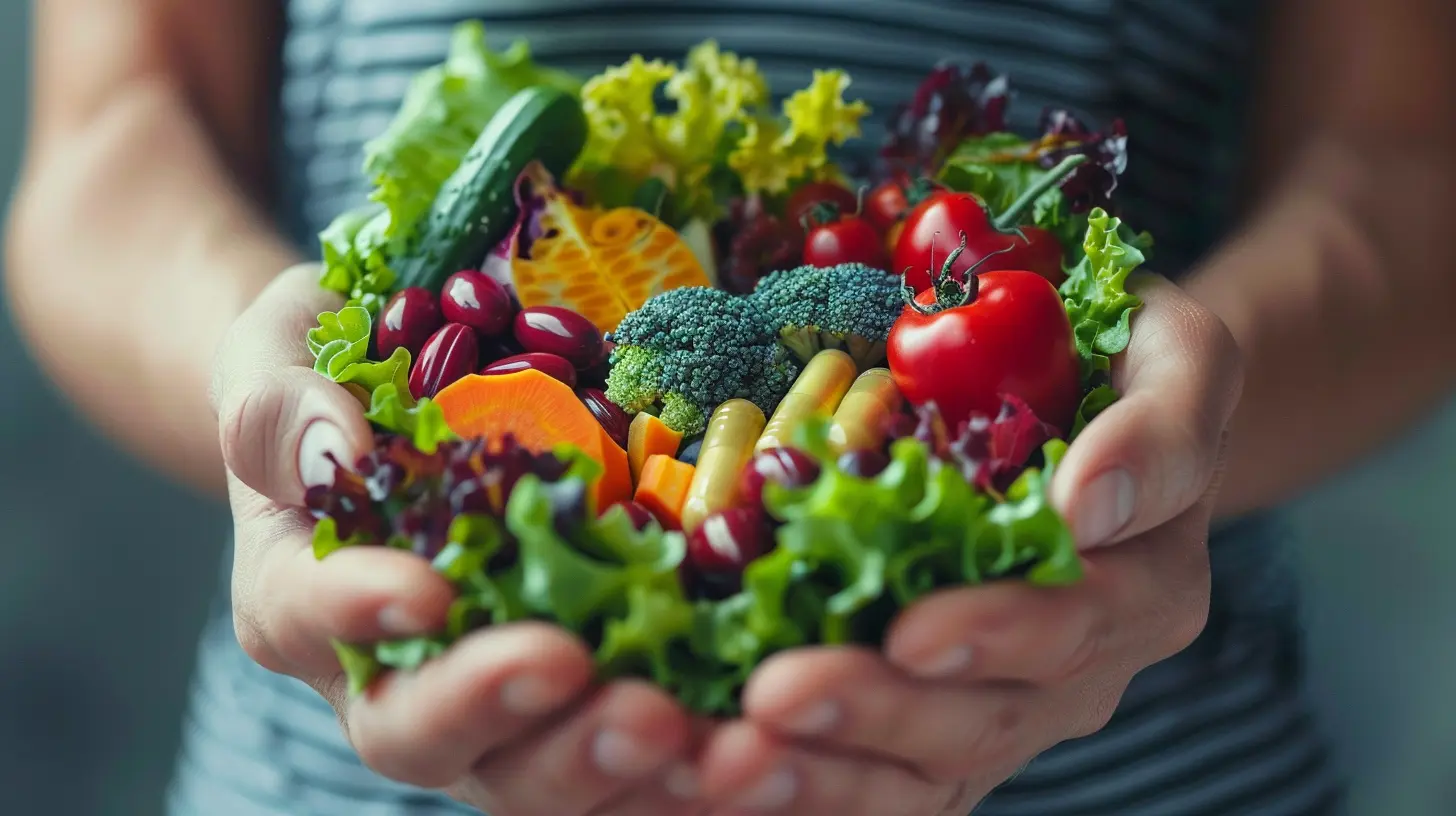
Must-Have Minerals for Digestive Wellness
4. Magnesium – The Gut Relaxer
Magnesium is like a chill pill for your digestive tract. It helps relax the muscles in your intestines, making bowel movements smoother and preventing constipation.🔹 Why It Matters: Low magnesium levels are linked to sluggish digestion and cramping.
🔹 Where to Get It: Nuts, seeds, whole grains, and dark chocolate (yes, chocolate can be good for you!).
5. Zinc – The Repairman
Zinc plays a crucial role in healing the gut lining and preventing leaky gut syndrome, a condition where toxins and bacteria escape into the bloodstream.🔹 Why It Matters: A zinc deficiency can lead to poor digestion, diarrhea, and even a weakened immune system.
🔹 Where to Get It: Meat, shellfish, legumes, and pumpkin seeds.
6. Potassium – The pH Balancer
Ever wonder why bananas are a go-to for stomach issues? That’s potassium at work! This mineral helps maintain the body's fluid balance and keeps your digestive muscles functioning properly.🔹 Why It Matters: Without enough potassium, digestion can slow down, leading to bloating and discomfort.
🔹 Where to Get It: Bananas, potatoes, spinach, and avocados. 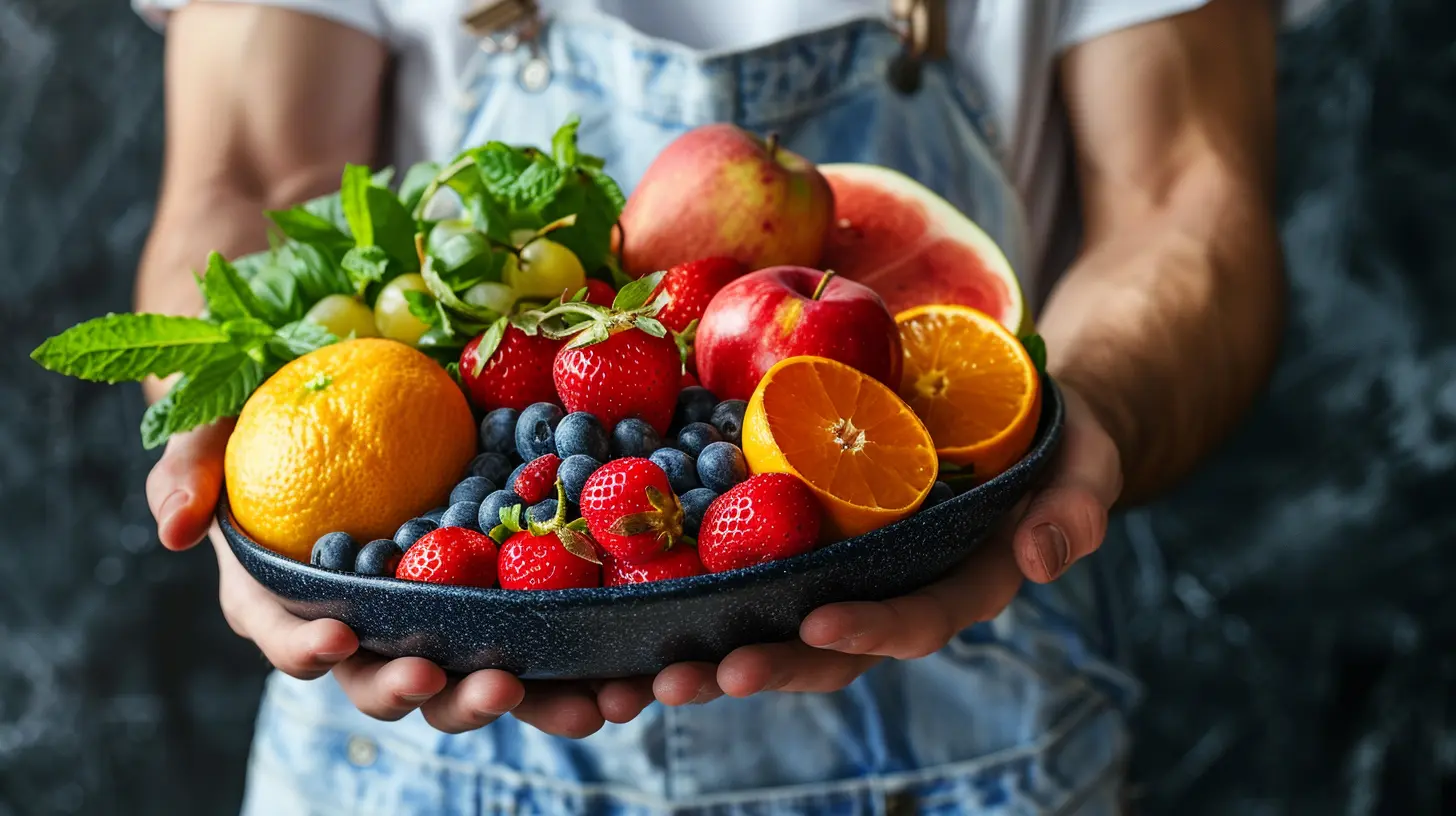
Hidden Nutrients That Boost Gut Health
While vitamins and minerals steal the spotlight, some lesser-known nutrients also play a vital role in digestion.7. Fiber – The Gut's Best Friend
Fiber isn’t technically a vitamin or mineral, but it’s absolutely essential for digestion. It acts like a broom, sweeping waste through your intestines and keeping things moving.🔹 Where to Get It: Whole grains, fruits, vegetables, and legumes.
8. Probiotics – The Good Bacteria
Your gut is home to trillions of bacteria—some good, some not-so-good. Probiotics help maintain a healthy balance, reducing bloating, gas, and digestive discomfort.🔹 Where to Get It: Yogurt, kimchi, sauerkraut, and kombucha.
9. Prebiotics – The Fuel for Probiotics
Think of prebiotics as food for probiotics. They help good bacteria thrive, improving digestion and nutrient absorption.🔹 Where to Get It: Garlic, onions, bananas, and asparagus.
Simple Ways to Get More Gut-Friendly Nutrients
Now that you know which vitamins and minerals support digestion, how can you ensure you're getting enough? Here are some easy hacks:✔ Eat a Rainbow: A plate full of colorful fruits and veggies means you're getting a wide range of nutrients.
✔ Hydrate Like a Pro: Water helps digest food and absorb nutrients more efficiently.
✔ Limit Processed Foods: Highly processed foods can throw off your gut bacteria balance. Stick to whole, natural foods whenever possible.
✔ Listen to Your Gut: If certain foods always cause discomfort, they may not be right for your digestive system. Keep a food diary to track potential triggers.
Final Thoughts
Your gut is the gateway to overall health. When your digestion is off, everything else—energy levels, mood, immune function—takes a hit. The key to a happy gut? Giving it the nutrients it craves.By fueling your body with essential vitamins and minerals, you're not just improving digestion—you’re setting the foundation for a healthier, more vibrant life. So, go ahead and load up on those gut-friendly foods. Your stomach will thank you!
all images in this post were generated using AI tools
Category:
VitaminsAuthor:

Eileen Wood
Discussion
rate this article
1 comments
Grace McClure
Flipping kale and juggling probiotics—who knew digestive health could be this funky? Let’s sprinkle some vitamins on our gut groove and dance healthy!
July 30, 2025 at 4:28 AM

Eileen Wood
Absolutely! Embracing fun and creativity in our approach to digestive health makes it even more enjoyable. Let’s keep dancing toward better gut wellness!

